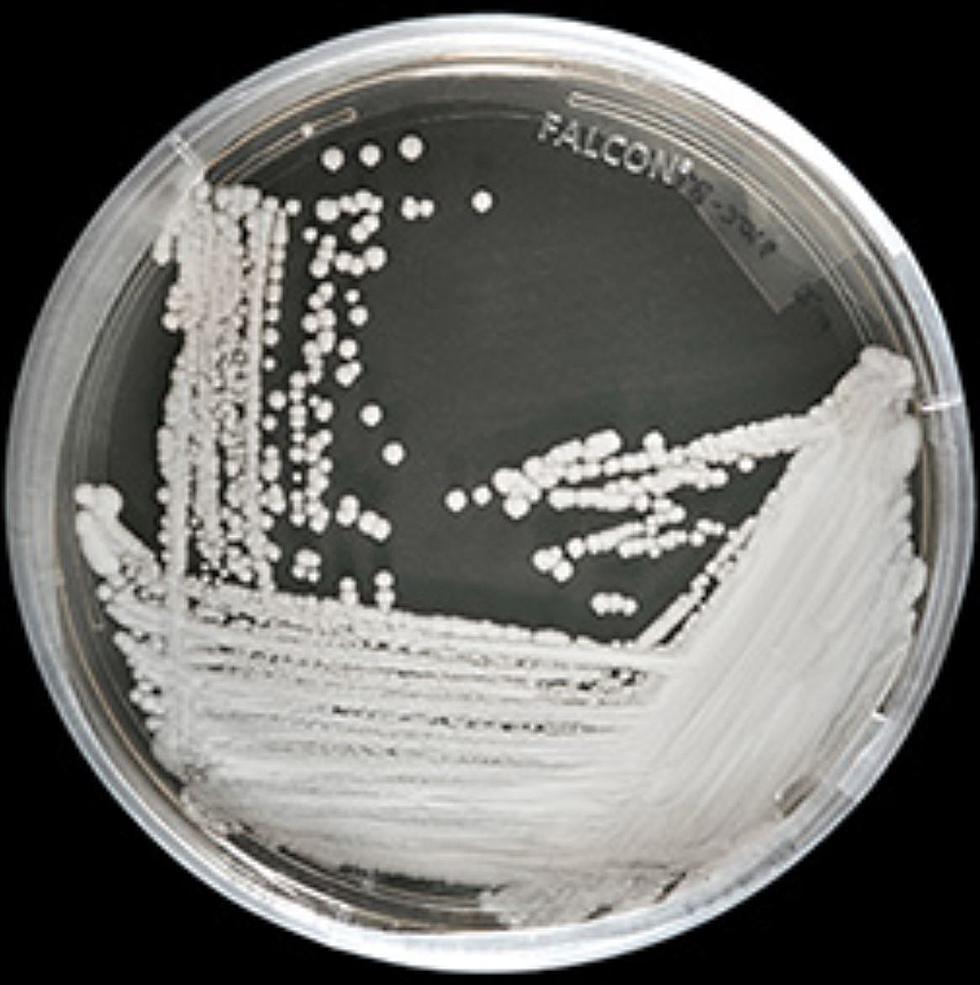
CDC Expands E. coli Warning and Says ‘Throw Away Your Romaine Lettuce’
The CDC has expanded the multi-state E. coli warning and says if you don't know where your romaine lettuce comes from then get rid of it and don't eat it.
Romaine lettuce from Arizona could be contaminated with E. coli O157:H7, but no common grower, supplier, distributor, or brand has been identified. 53 people have been infected with E. coli while 31 have been hospitalized. The CDC says 16 states are affected including New York State.
The CDC is expanding its warning to consumers to cover all types of romaine lettuce from the Yuma, Arizona growing region. This warning now includes whole heads and hearts of romaine lettuce, in addition to chopped romaine and salads and salad mixes containing romaine.
- Do not buy or eat romaine lettuce at a grocery store or restaurant unless you can confirm it is not from the Yuma, Arizona, growing region.
- Unless the source of the product is known, consumers anywhere in the United States who have any store-bought romaine lettuce at home should not eat it and should throw it away, even if some of it was eaten and no one has gotten sick.
- Product labels often do not identify growing regions; so, throw out any romaine lettuce if you’re uncertain about where it was grown.
Signs and Symptoms:
- People usually get sick from Shiga toxin-producing E. coli (STEC) 2–8 days (average of 3–4 days) after swallowing the germ.
- Most people infected with E. coli develop diarrhea that can be bloody, severe stomach cramps, and vomiting.
- Most people recover within 1 week.
- Some infections are very mild, but others are severe or even life-threatening.
- Some people with a STEC infection may get a type of kidney failure called hemolytic uremic syndrome (HUS).
- E. coli infection is usually diagnosed by testing a stool sample.
Advice to Consumers From the CDC:
Product labels often do not identify growing regions; so, throw out any romaine lettuce if you’re uncertain about where it was grown. This includes whole heads and hearts of romaine, chopped romaine, and salads and salad mixes containing romaine lettuce. If you do not know if the lettuce is romaine, do not eat it and throw it away.
[Information from CDC.gov]
More From 96.1 The Eagle









